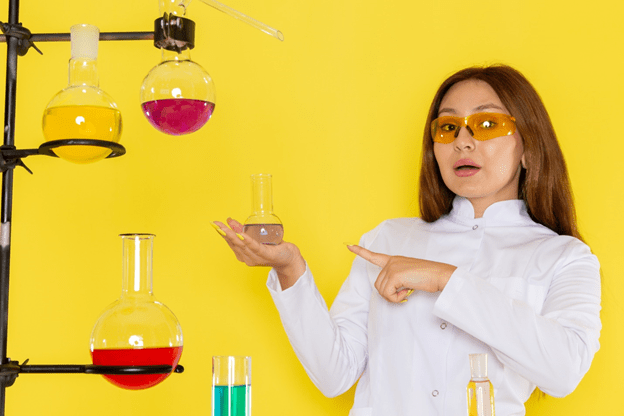Master Addition Reactions in Organic Chemistry | Organic Chemistry Tutoring Help
Organic chemistry involves the study of carbon-containing compounds, which are full of fascinating, complex reactions. Addition reactions play a crucial role among all these complex reactions due to their simplicity and importance in forming various organic compounds. In this blog, we will explore fundamental concepts of addition reactions, their types, real-world applications, and mechanisms. Don’t Hesitate to Get Our Top-Notch Organic Chemistry Tutoring Help from Expert Professionals!”
What are Addition Reactions?
Addition reactions are considered reactions in which one molecule combines with another to form a larger molecule with no other products.
Types of Addition Reactions
Electrophilic Addition Reactions
- Hydrogenation: This reaction is mostly used in the food industry to convert vegetable oils into margarine.
- Halogenation:- This reaction is utilized in the synthesis of various halogenated organic compounds
- Hydro halogenation:- the product’s structure under this reaction depends on Markovnikov’s rule, which states that the hydrogen atom will add to the carbon with the most hydrogen atoms already attached.
Nucleophilic Addition Reactions
Addition of Water (Hydration): This involves adding water to alkenes in the presence of an acid catalyst, which forms alcohol. This is an essential step in the industrial production of ethanol.
Addition of alcohols:- This reaction is significant in organic synthesis
Mechanism of Addition Reactions
- Initiation:- the reaction takes place with the formation of reactive intermediates, such as radicals, captions, and anions
- Propagation:- the reactive intermediates react with the substrate to form a new intermediate
- Termination: The reaction is complete when the intermediates combine to form the final product.
Applications of Addition Reactions
- Pharmaceutical Industry:- Many drug synthesis processes involve additional reactions to introduce specific functional groups into organic molecules
- Polymer Industry: The production of polymers, such as polythene, heavily relies on addition reactions.
- Food industry:- In the food industry, the direct applications of addition reactions involve the hydrogenation of vegetable oils to produce semi-solid fats like margarine and shortening
At last, we can say that understanding the mechanisms and applications of these reactions is essential for students, researchers, and professionals working in chemistry and related fields. Trust our platform for expert organic chemistry tutoring help and get clear, concise concept clarification



